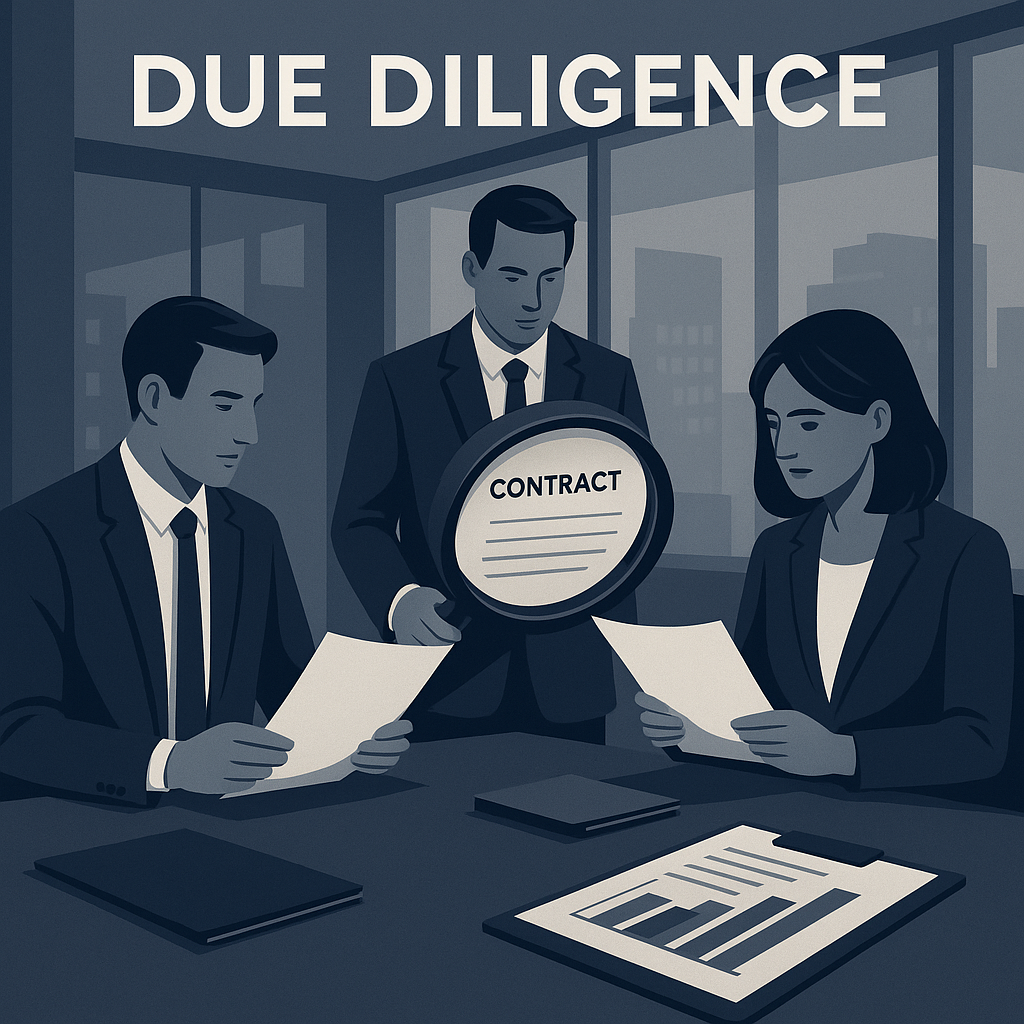For companies navigating mergers, acquisitions, or regulatory audits, the effectiveness of due diligence often defines the success or failure of the transaction. Traditional document review processes — dependent on physical files or unsecured digital sharing — are no longer suitable in high-stakes, high-volume environments. The shift toward virtual due diligence data rooms has transformed how stakeholders access, assess, and act on critical information.
Modern VDRs do more than store files. They facilitate controlled, real-time collaboration while enforcing rigorous security protocols that protect deal integrity. This article examines how these platforms are reshaping due diligence execution across industries.
Legacy Systems Cannot Keep Up with Modern Deal Flow
The volume and sensitivity of documentation required for due diligence have grown substantially. Financial statements, legal agreements, employee contracts, tax records — all must be collected, reviewed, and analyzed within increasingly compressed timeframes. Using email, FTP servers, or physical data rooms introduces unnecessary risk and delays.
Today’s transactions demand platforms built for real-time document exchange, granular permission control, and digital audit trails. That’s where virtual data rooms come in — providing centralized access while maintaining full control over document interaction. Users can restrict access down to individual file pages, monitor who viewed what and when, and revoke access instantly if needed.
This shift enables companies to run diligence more efficiently and with greater transparency, especially in cross-border or multi-party transactions.
Speed, Structure, and Security in One Interface
One of the primary value propositions of virtual data rooms is their ability to impose structure on otherwise chaotic due diligence workflows. Platforms offer indexed folder systems, full-text search, and advanced filtering — eliminating the inefficiencies of sifting through disorganized document batches.
Security is another critical area. Data rooms designed for due diligence https://datarooms.in/due-diligence-data-rooms/ are equipped with encryption in transit and at rest, watermarking, secure viewer technology, and compliance with standards like ISO/IEC 27001, SOC 2 Type II, and GDPR. This level of protection is mandatory when sharing sensitive business data, particularly in sectors like finance, energy, or biotech.
For example, VDRs with AI-assisted redaction capabilities automatically detect and obscure confidential information in thousands of pages. That makes it possible to prepare data sets for external viewing without the legal and financial risks of disclosure.
Real-Time Q&A and Cross-Functional Collaboration
Due diligence requires coordination between legal, financial, and operational teams. One of the most significant advantages of digital platforms is their ability to centralize communication through Q&A modules. These features allow external advisors and internal stakeholders to ask, assign, and respond to questions — all within the platform — reducing back-and-forth and version control issues.
Q&A tools can also be structured by topic or department, assigning subject-matter experts for faster response cycles. Audit logs track every query and response, providing accountability and compliance-ready documentation for post-deal reviews.
This collaboration model also applies across borders. With multilingual interfaces, time-zone tagging, and instant notification features, international teams can conduct diligence simultaneously without delay.
Shaping the Buyer Experience and Valuation Outcomes
A well-organized data room doesn’t just protect the seller — it enhances the buyer’s perception of professionalism and preparedness. Faster access to verified, indexed documentation helps investors and acquirers conduct thorough assessments with less friction, reducing the time to close.
More importantly, the level of transparency and control VDRs provide can influence valuation. If risks are clearly documented and mitigated early, buyers may be more confident and less conservative in pricing. In contrast, poorly structured diligence leads to delays, increased advisory costs, and sometimes lost deals.
This is especially relevant for startup exits or distressed asset sales, where buyer confidence can make or break negotiations. A digital-first, audit-ready VDR signals competence and lowers deal uncertainty.


